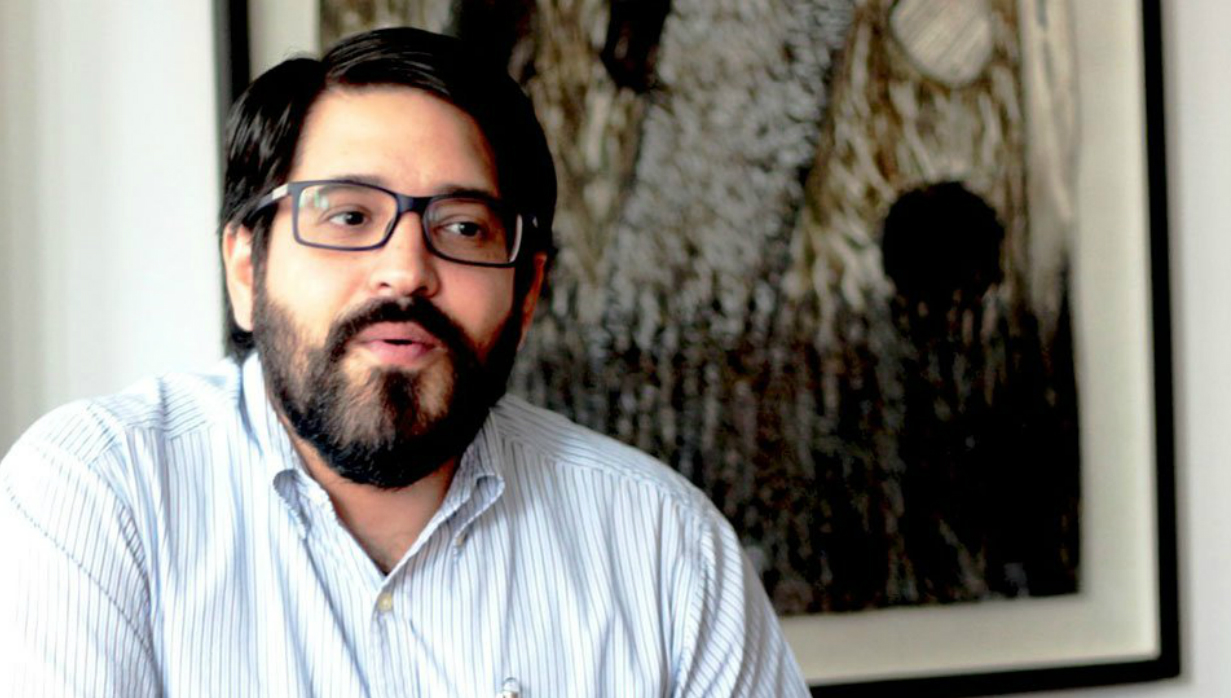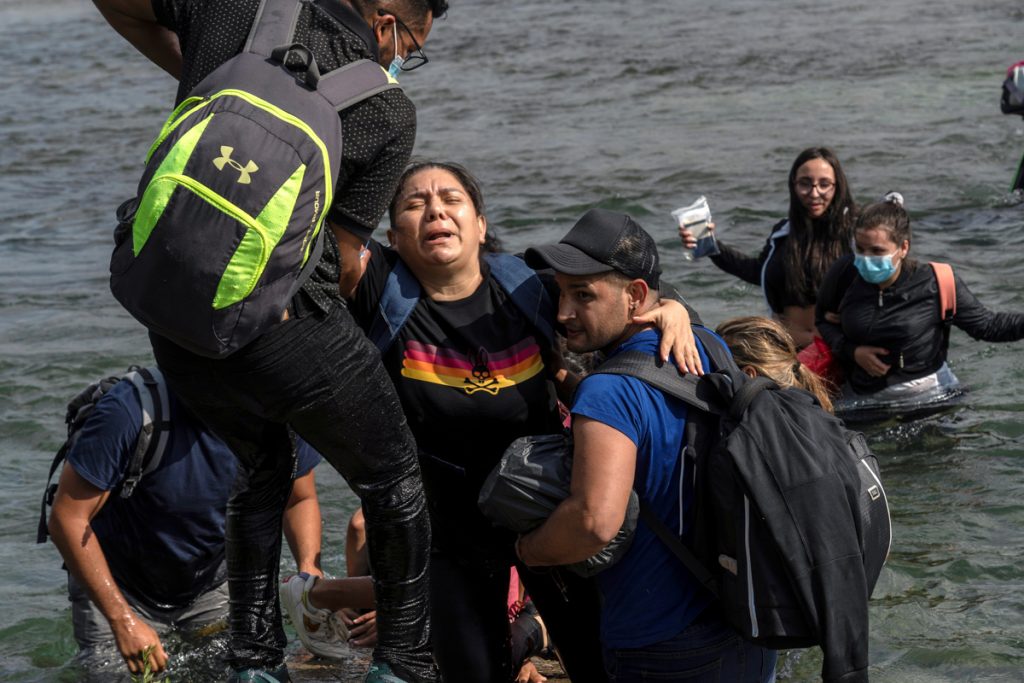Warao indigenous communities of the states of Bolívar, Delta Amacuro, Monagas, Sucre, and migrants living in Brazil issued a statement on June 5 to describe, denounce, and draw attention to the complex situation they are currently experiencing.
The first of their complaints regards health care. They describe that the COVID 19 pandemic is critically aggravating the bad situation that this population was already experiencing in all dimensions. Health facilities in the indigenous communities are not prepared to treat cases of contagion, nor do they have doctors or medical supplies to treat emergencies and other cases.
On the other hand, they ensure that no health center in their communities has a river or land ambulance for the transportation of patients that need to be referred to another hospital. They add that their communities and the roads and waterways around them lack proper sanitary surveillance.
Deprived of food
On the subject of nutrition, the statement affirms that indigenous communities in rural areas have no supermarkets or places to go to stock up on food. It also warns that many children and elders are dying of malnutrition in the indigenous communities.
People in the area have to travel to the cities in their canoes to get basic supplies, a trip that often takes 5 days of navigation.
By canoe or on foot
Regarding transportation, the Warao denounce that no buses provide the service in urban areas due to Quarantine. Faced with this situation, people walk through nearby areas to trade their crafts and fishing products for other food items, while others walk some 15 miles to buy their food at downtown shops.
Regarding the situation of the Warao migrants, the statement affirms that their situation is “heartbreaking. They are having a hard time during lockdown to access health care, basic services, and food stability.”
To complement this point, they report that before the arrival of the pandemic and the lockdown, the migrants’ conditions were critical, especially for those staying in shelters in Brazil, Guyana, and Trinidad and Tobago.
Their demands
The Warao people drew attention to the following demands:
1. Respect for the worldview and cultural identity of the Warao communities. They reject being discriminated against, oppressed, and manipulated.
2. Call upon the Regional Health Directorates, the government entities, and institutions responsible for health, to address the needs of indigenous communities, implement prevention strategies, and supply primary care centers with medicines, medical personnel, and river and land ambulances.
3. They propose to control the waterways used by the people in the indigenous communities to get to the city so that medical teams can carry out tests and diagnosis in the event of possible contagions of people returning home.
4. They invite the border security forces, the Venezuelan Navy, and the Border Guard, to monitor the international routes and waterways for the entry of foreigners who are a threat of contagion for their communities.
5. They urgently demand to address the problems of access to basic services, food, medicine, drinking water, and medical attention.
6. They propose to distribute purifying tablets or water pumps to treat water so that children, adolescents, and adults have access to healthy water.
7. They make a call to the Institutions, Organizations, and groups working with the migrant community to be sensitive and facilitate spaces for listening and dialogue with the Indigenous migrants to jointly find answers to the problems they have been facing even before the pandemic.
8. The Waraos also called the international community to show solidarity with their cause, namely the Inter-American Court of Human Rights, the United Nations, and the Rapporteurship on the Rights of Indigenous Peoples.
In the face of this reality, the Warao people affirms to need international humanitarian aid to address their problems, including child malnutrition, malaria, HIV, and tuberculosis.
They also add that their rivers and waterways are polluted by mining activity. Their crops grow in a toxic environment, schools are in disrepair, and health centers cannot even offer a meal to the patients. “We are experiencing these and many other painful situations.”
They end by stating that they still hold hope. They are part of an ancient civilization that has lived for many years along the banks of the Orinoco River.
“IT IS TIME TO CONTINUE WORKING, SOWING, RESISTING, AND DEMANDING OUR RIGHTS AND DUTIES. IT IS NOT TIME TO WEAKEN, IT’S TIME TO STAND UP FOR OUR VOICES AND CULTURE. MAY OUR ANCESTORS AND GRANDFATHER “KA NOBO” GUIDE US AND JOIN US IN THIS STRUGGLE FOR SURVIVAL AMID THE COVID 19 PANDEMIC “.
Translated by: José Rafael Medina.




